The man behind the music of Super Mario and The Legend of Zelda, Koji Kondo solidified a legacy as one of gaming's most iconic composers right from the start with his theme to Super Mario Bros. for the Nintendo Entertainment System, undoubtedly the most identifiable theme in video game history. His scores were the soundtracks to our shared adventures with Mario and Link growing up in the 1980s and 90s and I'm sure I am not alone in being able to hum these well-crafted tunes to this day.
420 to 30: A Music Retrospective
Here's 7 of my favorites from Koji Kondo.
Week 23: KOJI KONDO
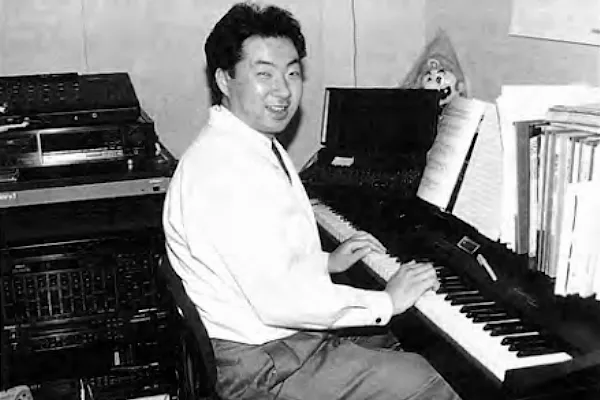
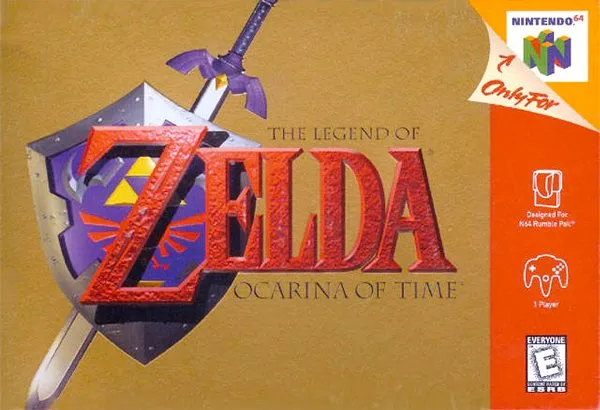
#155/420 - Koji Kondo, “Gerudo Valley”

Certainly one of my favorite video games of all time, it’s also one of my favorite video game soundtracks as well. While the Nintendo 64 hardware limited what could be done with sound and music, Koji Kondo was great at stretching it to its limits. This is a classic N64 gamers will likely remember fondly from the Gerudo Valley section of the game before the Spirit Temple.
Though a very cool version was made for the anniversary orchestrated soundtrack during the release of Skyward Sword, no version has yet to top the original in my opinion. Though it begs to be done! All I ask is a faithful adaptation simply recorded with real instruments. Anyone?
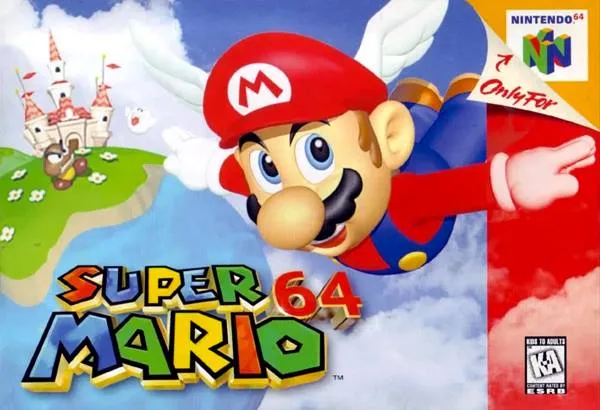
#156/420 - Koji Kondo, “Bowser’s Theme”

The game that introduced most of the world to 3D gaming had its work cut out for it in setting the standard, but Super Mario 64 lived up to hype. Koji Kondo, composer of the original Super Mario Bros. theme returned for another memorable and imaginative soundtrack and this is my favorite from the game.
It’s an excellent use of samples, you can hear the same sound effect used for Bowser’s roars incorporated into the mix, and unlike the rest of the soundtrack which is mostly bright, fun, and/or ethereal, this track decides to be N64-quality hard rock, and it pays off in my opinion. All of the samples work really well here and it really makes some of the best use of creativity with the Nintendo 64 hardware of any track from any game.
The music also manages to breath intimidation into what could have just been silly and cartoony (considering Mario is spinning Bowser around by his tail) which makes for a boss battle that’s hard to forget.
Also, best drumming on the N64.
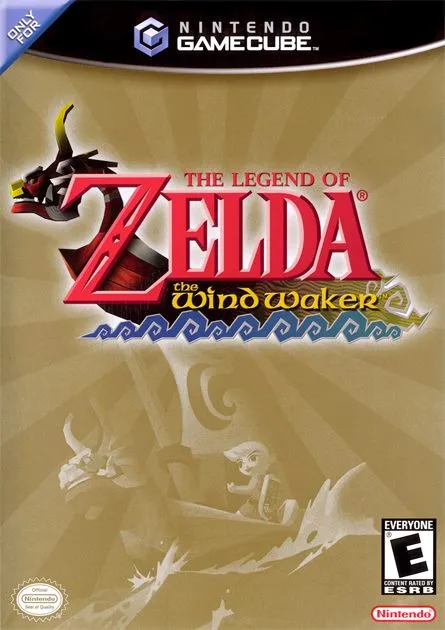
#157/420 - Koji Kondo, “Dragon Roost Island”

In the vein of “Gerudo Valley”, Koji Kondo returned for the Gamecube installment of The Legend of Zelda to create yet another classic video game soundtrack. As with all of his Zelda scores, Wind Waker’s is full of great music, but the theme from Dragon Roost Island in particular was like the limited sounds of the N64 on “Gerudo Valley” now more fully realized.
I was one of the few migrants from N64 to Gamecube that I knew as a kid. No amount of hype for PS2 could have pulled me away from the new Smash Bros. and Zelda, but I will admit when I first saw what they were doing with Wind Waker, I was not exactly excited for the new look. However, I got a copy anyway and the game itself was right up there with its predecessors.
While I do prefer the “Gerudo Valley” composition and have more nostalgia for it, “Dragon Roost Island” is ultimately the more enjoyable listening experience for me due to the quality of instrumentation and the added serenity it provides. It’s another excellent game with more excellent music from Koji Kondo.
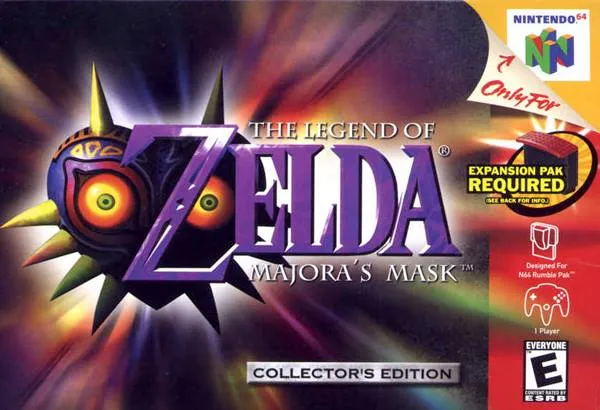
#158/420 - Koji Kondo, “Song of Healing”

This is one of Koji Kondo’s most beautiful compositions in my opinion. Simple, and mainly just piano, but it manages to convey quite a lot of emotion. In the game, Link is turned into a monster at the beginning, but when he is taught this song and plays it, he is able to transform back into his true self, and the monster becomes a mask he can choose to wear, instead, as a tool, rather than a curse.
Sometimes video games can get fairly profound, and Majora’s Mask is a great example of that. It becomes very dark at times, like any journey, but there is healing both in the end, and along the way.
This was the first Zelda I actually finished and it was a damn challenge. Years later I decided it would be a good idea to replay it, and when I loaded up my old cartridge, there were three save files already taking up the slots. One was mine, the completed one, and two were my sister’s. Even though we weren’t speaking at the time, I deleted my 100% file in case she’d ever come back to hers to start my new one... I mean, why do I need it if it's already finished, right!? I'll just beat it a second time!
...Obviously I regret deleting it since no way in hell did I have time or patience to beat this on the N64 again, so there goes my 100% I spent weeks on as a kid, even enlisting my friend’s help to beat some frustrating mini games (you know the ones), but my sister's whatever-they-are 7% or 30% files remain in tact! What can I say, even to my own detriment, I am ultimately a considerate person, even when someone has hurt my feelings or made me mad or whatever. Fitting trait for a song of healing, as, while she may never play this game again, she did eventually end up talking to me again.
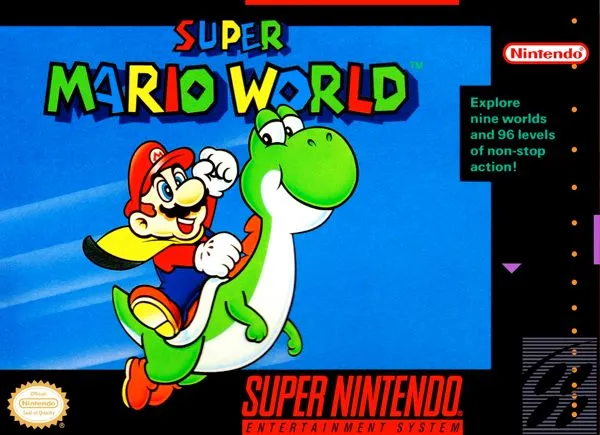
#159/420 - Koji Kondo, “Athletic Theme”

There are many contenders for Koji Kondo’s best music written for the Mario series, but nothing beats the “Athletic Theme” from Super Mario World for me, which played in the levels that took place in the sky.
It starts off great enough with the piano playing, gets even better when double-time kicks in, but when the bongos come in!!! When the bongos come in!!! (Which happens when you ride Yoshi.) I mean, c’mon. Forget about it. This is the best song. By Koji Kondo from the Mario games anyway.
It’s hard to fully appreciate this song in-game with all the addition visual simulation going on, not to mention it is one of many variations on the same theme in the game, but I recommend listening to it on its own to fully take it in and defy you to resist the rhythm.

#160/420 - Koji Kondo, “Great Fairy’s Fountain”

This familiar tune has found its way into almost every Zelda game since A Link to the Past (or arguably even earlier in Super Mario Bros. 3’s Water Land) but the ultimate version is the one from Ocarina of Time (and later Majora’s Mask) for me. While this isn’t The Legend of Zelda series’ official theme, in my opinion it might as well be, as I think it appears more prominently in even more of the games than the theme itself does.
It is a simple melody played on a harp, but what a song to drift away to. Perfect for the magic and serene fountains of pink, glowing fairies that Link uncovers during his adventure, and a great contrast to the action, unease, and fear that exist outside the fairies’ realm. I'm sure I'm not the only one who lingered in these areas just for the music.
Sometimes if I need a moment of peace, I will turn this song on. Video games may be underrated as an artform but artists like Shigeru Miyamoto and Koji Kondo quietly put that doubt to rest with games and soundtracks like what exists in the masterpiece that is Ocarina of Time.

#161/420 - Koji Kondo, “Forest Temple”

I love this song. Definitely my favorite from Koji Kondo, this music is featured in the first dungeon you face as adult Link in Ocarina of Time. While the child dungeons have their creepy moments, the adult ones step it up a notch in the unease departments and this song does wonders to create that atmosphere. I love the experimental nature of the sounds employed here and the way they come together. The rattling percussion, the dreamy synthesizers, the bobbing hoots of laughter-like sound, it’s all strange and uncomfortable but yet oh so wonderful. It heavily influenced the music we created for The Cactus scene in The Wayward Sun I enjoy it so much.
It’s also probably my favorite environment in the game as well, as I love when the forest levels aren’t reduced to only the initial training areas in games. Here they really explore the creepiness of a temple overtaken by the forest and I enjoy the soundtrack tremendously. Every mistake you make, it’s as though the poes are mocking you. It’s one of many reasons that make this one of the best games of all time and Koji Kondo one of the best video game composers ever.
His compositions in video games are probably the most well-known of anyone’s and he’s who we all have to thank every time we find ourselves humming the Super Mario Bros. theme song. A legacy that should last as long as the medium itself.
Next week, in honor of Halloween, the creeps will continue with the man who made his name on the macabre. I couldn’t choose just one between his band and his solo work after, so next week it’s my favorites from both Rob Zombie and Rob Zombie as a member of his first band, White Zombie.
420 to 30: A Music Retrospective
Week 2: The Jackson 5/The Jacksons
Week 3: A Tribe Called Quest
Week 4: Weezer
Week 5: Bob Dylan
Week 6: Led Zeppelin
Week 7: 2Pac/Makaveli
Week 8: Billy Joel
Week 9: Electric Light Orchestra
Week 10: Elvis Presley
Week 11: Dr. Buzzard’s Original Savannah Band
Week 12: The Jimi Hendrix Experience
Week 13: Nirvana
Week 14: The Doors
Week 15: The Rolling Stones
Week 16: Gnarls Barkley
Week 17: Gábor Szabó
Week 18: Galaxie 500
Week 19: Simon & Garfunkel
Week 20: Gorillaz
Week 21: Ennio Morricone
Week 22: The Moody Blues
View the full list of "420 Songs" here: https://tinyurl.com/y8fboudu (Google spreadsheet link)
